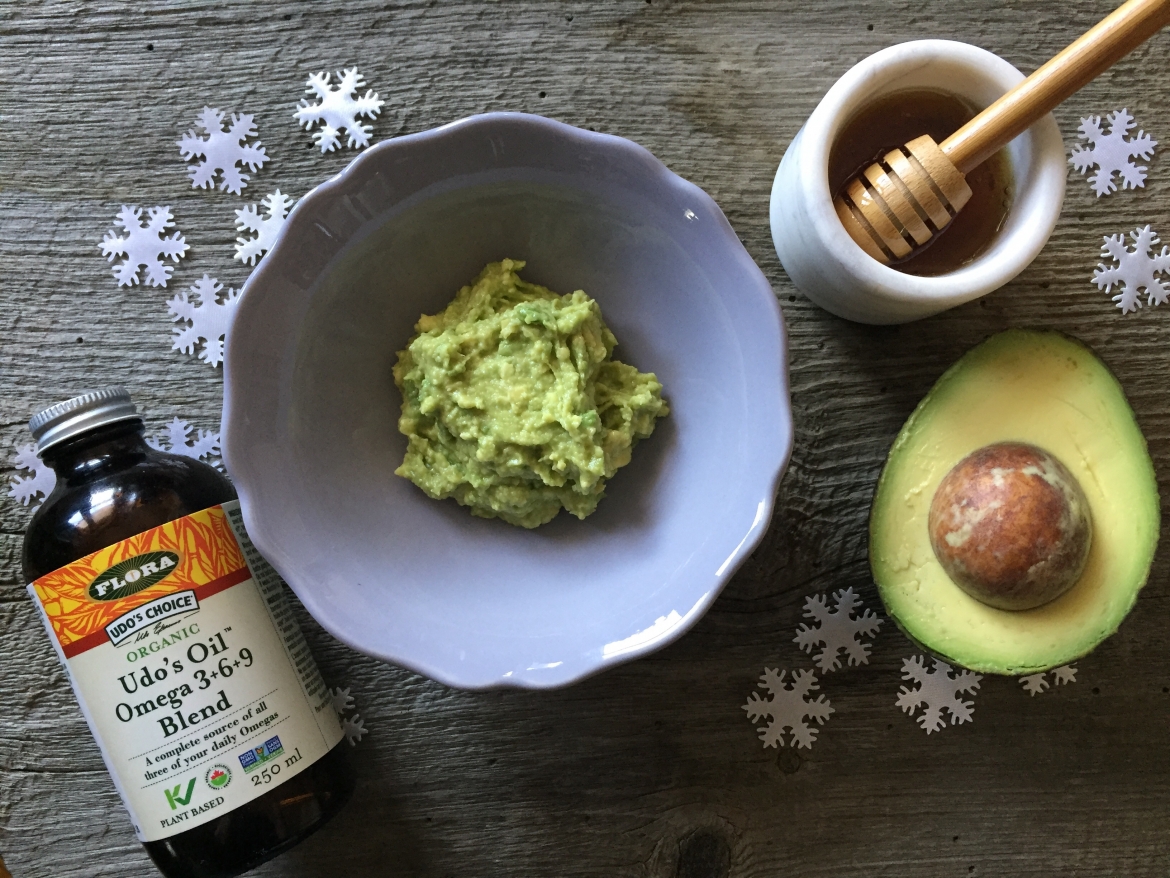How to combat winter skin with healthy eating!
- March 13, 2019

Written by @the_sleepy_pineapple
Dry skin is itchy, scratchy, flaky and just uncomfortable. Obviously there are many things you can do to combat dry skin, such as lotions, humidifiers or oils, but these often just work temporarily or not at all. The skin is the body’s largest organ and is made up of layers. The epidermis is the outer layer and acts as a barrier, while the dermis or inner layer contains sweat glands, hair follicles and nerve endings. It’s in the dermis layer where you respond to heat, cold, pressure, itch or pain. So how can you combat dry skin beyond topical creams? Nutrition can play an important part of helping hydrate the skin and provide nutrients to repair the cells from winter damage. Healthy skin is flexible, moisturized and naturally luminous. Here are some key points to help keep your skin from experiencing the drying effects of winter!
Foods you should eat for healthy skin.
There are actually a variety of foods that help regenerate skin cells and provide essential vitamins and nutrients to keep skin moisturized. The vitamins and minerals that are best to consume are vitamin A (protects skin), E (antioxidant) and C (formation of collagen, preserves tissue), as well as essential fatty acids and zinc (tissue repair). Primrose oil and black current oil are known for healing dermatitis, acne and other skin disorders. Essential fatty acids (omega 3-6-9) are very important for keeping skin supple and nourished, while the healthy oils also help reduce inflammation and redness. Fatty fish also contains protein for rebuilding cells, healthy fats and is a source of vitamin E, A and zinc. Avocados also contain vitamin E, C and omega-9 fatty acids to protect skin from the elements and repair damage. The main foods to focus on are leafy greens, kelp, flaxseed oil, apples, apricots, avocados and fatty fish (such as salmon). These antioxidant rich foods help to reduce inflammation, repair damaged cells, protect the skin from UV rays and harsh elements, nourish and hydrate the skin from within the body and keep skin flexible.
Why natural products are best for your skin?
Natural, organic foods are not only the best foods to incorporate into your diet but also for your topical treatments. Remember, the skin is an organ and therefore if you are using chemicals, additives or processed products then those toxins are also being absorbed into the body. Reading and researching the ingredients that are in your favourite products is an important step in maintaining healthy skin and a healthy body. When in doubt, try making your own products like this recipe for an avocado face mask!
Avocado Honey Face Mask
½ tsp organic honey
½ avocado, mashed
½ apricot, mashed
½ tsp flaxseed oil
In a small bowl, stir all ingredients together until a creamy paste consistency is formed. Apply to clean, dry skin for 10-15 minutes. Rinse the mixture off with lukewarm water and pat dry.
What foods should you avoid?
Alcohol, caffeine, fried foods, dairy products and added sugars are foods that deplete nutrients in the body and provide no vitamins or minerals and therefore should be avoided. Dairy and sugar are also linked to many other skin disorders and you may want to consult a professional if you suffer from prolonged skin issues beyond seasonal dryness.
What could be missing?
Okay, so you’ve incorporated the above foods and increased your healthy fats, you’re avoiding all sugar, dairy, etc. and you’re even using natural skin products and you’re still suffering from dry skin? What are you missing?
Most skin problems actually occur from poor digestive function. Your body cannot process the nutrients you are giving it properly if the digestive tract isn’t functioning properly. Reducing inflammation, improving gut health and liver function and choosing whole, natural foods are the best ways to optimize digestive function.
While there are foods that contain more of the nutrients that help to repair and improve the skin, not one part of the body works all on its own; everything is interconnected and intertwined. Focusing on your overall health and improving how the systems function as a whole are also important factors to improving skin texture, dryness, itch and flakiness this winter.
For more tips to improve your digestive function have a look at my other articles “My Top 5 Tips for Healthy Living” and “My Top 5 Tips to a Healthy Gut.”
Written by Shawn Haines-Shanahan - Núcleo Fitness' pilates instructor, and resident Registered Holistic Nutritionist, also known as @the_sleepy_pinapple
https://www.thesleepypineapple.com/blog/top-5-tips-for-healthy-living
https://www.thesleepypineapple.com/blog/my-top-5-tips-to-a-healthy-gut


